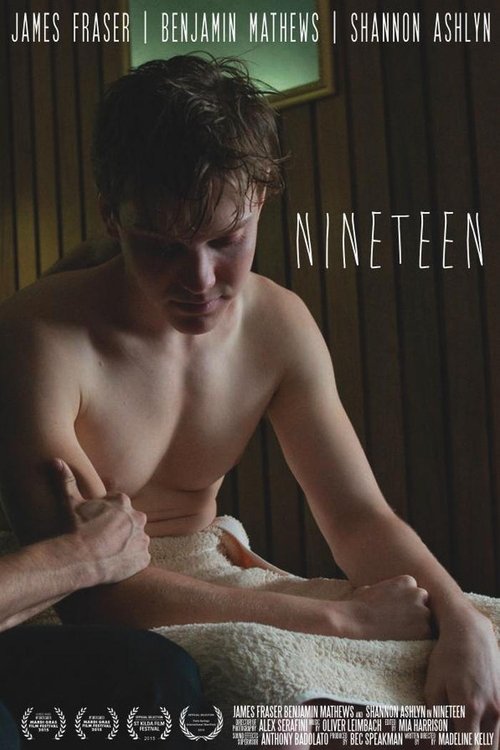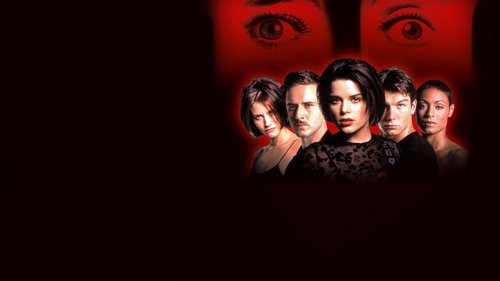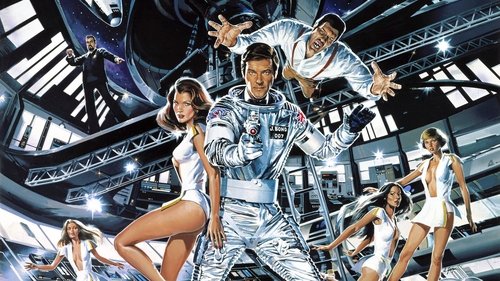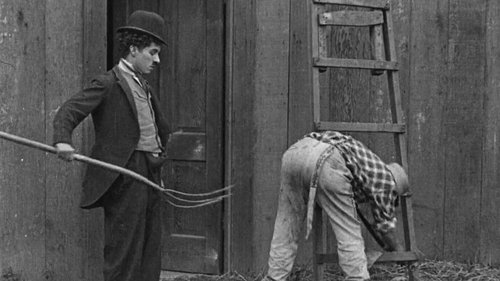Informações
Sinopse:
Duração: 00h11m
Data de lançamento: 24 de maio de 2015
Genêros:
(2 votos)
?
?

Sinopse:
Duração: 00h11m
Data de lançamento: 24 de maio de 2015
Genêros:

Through seven scenes, the film follows the life and destinies of stray dogs from the margins of our society, leading us to reconsider our attitude towards them. Through the seven “wandering” characters that we follow at different ages, from birth to old age, we witness their dignified struggle for survival. At the cemetery, in an abandoned factory, in an asylum, in a landfill, in places full of sorrow, our heroes search for love and togetherness. By combining documentary material, animation and acting interpretation of the thoughts of our heroes, we get to know lives between disappointment and hope, quite similar to ours.

O jovem Peter Parker está fascinado com as habilidades que adquiriu como Homem-Aranha. Agora, ele precisa lidar com dois problemas: o retorno de um velho amigo, Harry Osborn, e a chegada de um vilão mais forte e poderoso, Electro.

Depois de sua ressurreição num necrotério, o assassino mascarado dedica sua vingativa atenção à família Jarvis e a um grupo de desavisados adolescentes. O jovem Tommy Jarvis é um aficionado dos filmes de terror, com um talento especial para criar máscaras e maquiagem. Será que o diabólico Jason encontrou um adversário à altura?

Em busca de vingança, um chefe do crime de Istambul sequestra um ex-agente da CIA e sua ex-esposa, forçando a filha deles a correr contra o tempo pelas ruas da cidade tentando resgatá-los antes que seja tarde demais.

Dois anos após o massacre em Woodsboro, Sidney Prescott e Randy Meeks estão tentando refazer suas vidas em uma nova cidade. Estudando no colégio de Windsor, eles vão lidar com uma nova onda de assassinatos quando o terrível psicopata retorna para assombrá-los nas vésperas do lançamento do filme baseado nos seus crimes.

James Bond desobedece ordens e parte em uma missão para vingar a morte da mulher de seu melhor amigo, assassinada por um chefão das drogas. Ele chega à base sul-americana do narcotraficante e, disfarçado de pistoleiro, é contratado pelo criminoso.

Um avião carregando um foguete espacial sofre um acidente. Mas quando o Serviço Secreto Britânico vai examinar os destroços, não encontra nenhum vestígio da espaçonave. Assim, James Bond (Roger Moore) tem a missão de investigar o caso e começa indo visitar o multimilionário que construiu a aeronave e tem idéias bastantes estranhas de qual deva ser o destino da raça humana.

A arqueóloga Lara Croft precisa encontrar a Caixa de Pandora, famosa por conter em seu interior todos os males do mundo. O objeto está escondido em um local conhecido como Origem da Vida, localizado no continente africano. Porém em sua jornada, Croft terá que enfrentar o Dr. Jonathan Reiss, um cientista ganhador do Prêmio Nobel que também está atrás do objeto.

Étienne recebeu uma câmera de vídeo de sua avó em seu aniversário de dezesseis anos. Graças a este presente, ele filma seus treinos de patinação artística, seus amigos, sua mãe Caroline, mas também Laurent, seu professor de história. Étienne acha que este último é o companheiro ideal para Caroline...

Sergio é um homem pensativo e alienado que trabalha como coletor de lixo em Lisboa durante o dia e perambula pelas ruas da cidade à noite em busca de sexo bruto e anônimo com homens. Uma noite, ele conhece um homem que parece ser a personificação de suas fantasias atormentadas, e ele fica obcecado pelo estranho até que a solidão e o desejo não realizado o impulsionam finalmente para um estado animalesco escuro e perigoso.

Na Rússia atual, já tomada por produtos importados e pelo funcionamento capitalista, Timofei, publicitário, inicia um romance com Vera, apresentadora de TV. Tudo corre às mil maravilhas até que Timofei atropela Uloomji, um ingênuo e espontâneo jovem do interior. Ele o socorre e, como Uloomji não tem casa e mora no zoológico, leva-o para passar a noite em seu apartamento. Aos poucos os dois vão acabar envolvidos numa relação amorosa…

Uma batida da imigração em uma cidadezinha americana deixa cicatrizes emocionais e faz os fiéis da igreja repensarem o que significa amar o próximo.

O vagabundo encontra a garota dos seus sonhos e trabalha na fazenda da família. Ele ajuda a defender a fazenda contra criminosos, e tudo parece bem, até que ele descobre que a garota dos seus sonhos já tem alguém em sua vida. Não querendo ser um problema em suas vidas, ele pega a estrada, embora seja visto pulando e balançando sua bengala como se estivesse feliz por estar de volta à estrada onde ele sabe que pertence.